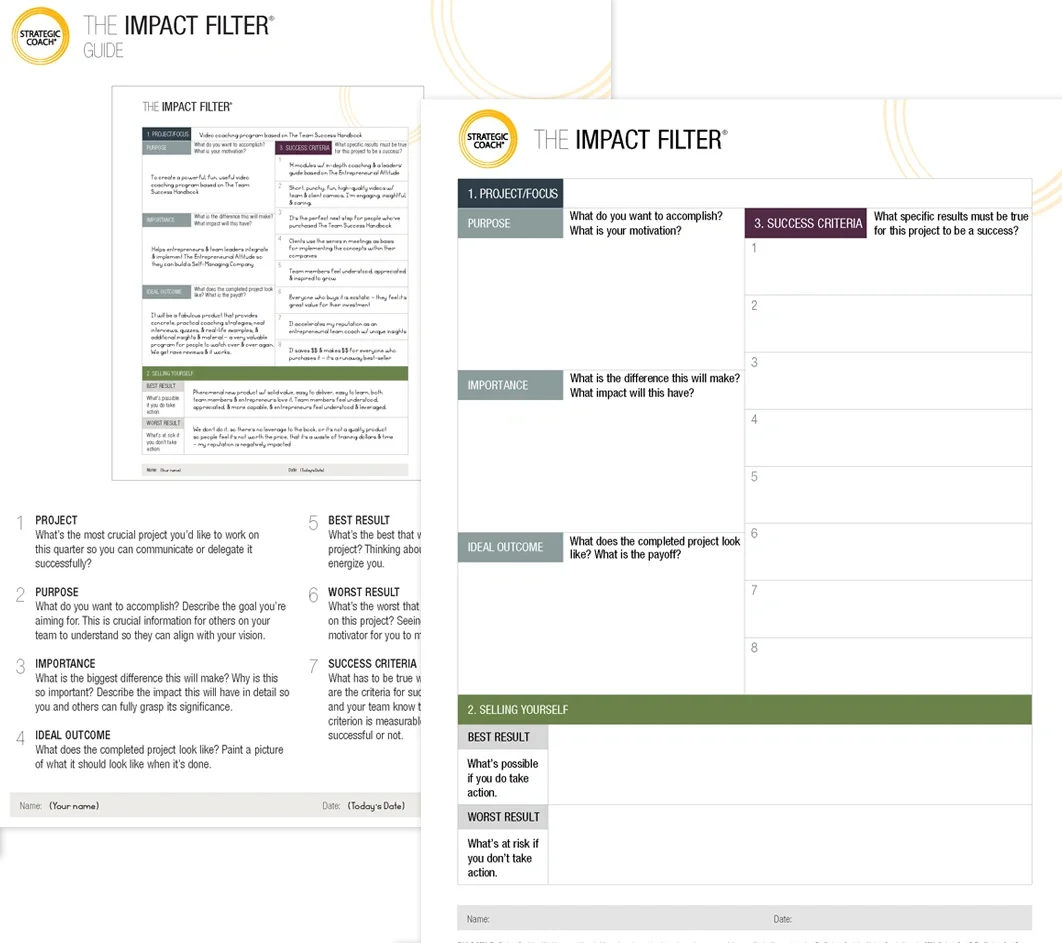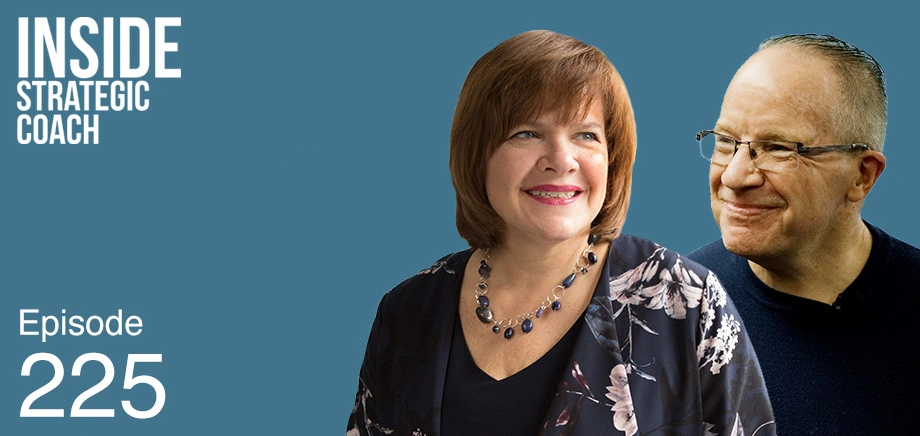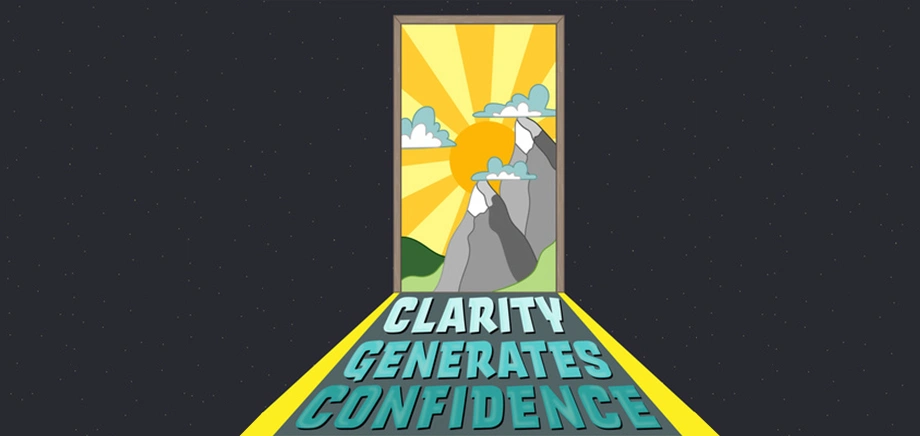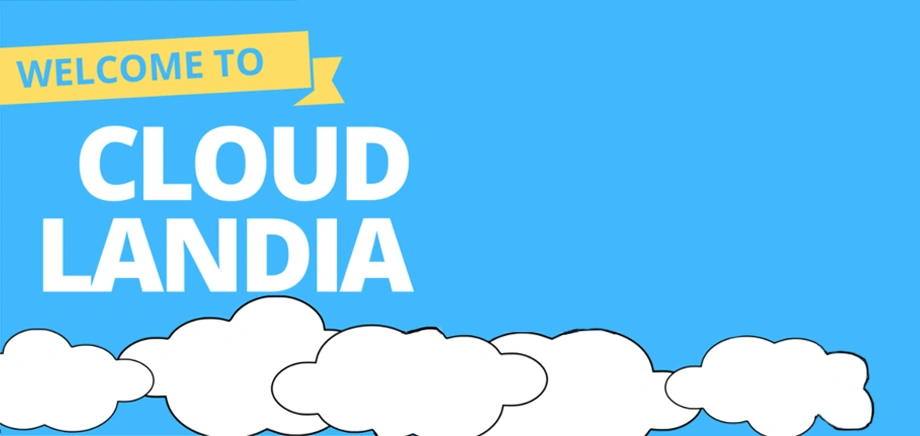All Entrepreneurs Need To Have Courageous Creativity
March 18, 2025
Hosted By
 Dan Sullivan
Dan Sullivan
 Shannon Waller
Shannon Waller
Is complaining holding you back from your full potential? In this episode, Dan Sullivan and Shannon Waller discuss the surprisingly simple choice between complaining and creating when facing obstacles. Discover how shifting to a creative mindset, embracing courage, and taking full responsibility can unlock new capabilities and exponential growth.
Here’s some of what you’ll learn in this episode:
- How complaining allows you to avoid responsibility by justifying why you can't move forward.
- The Strategic Coach® thinking tool for transforming obstacles into capability and confidence.
- Why you need commitment and courage before you can gain capability and confidence.
- The kinds of people that give creativity a bad name.
Show Notes:
An obstacle feels like something is blocking your progress.
There are only two ways of dealing with obstacles: creating or complaining.
When you’re in creativity mode, you’re fully engaged with transforming or bypassing the obstacle.
To deal with an obstacle, you have to create something new.
Taking 100% responsibility is essential for creative problem-solving.
Complaining involves blaming external circumstances or people.
Committing fully to complaining offers a sense of freedom because you’ve absolved yourself of any responsibility for improving your situation.
Few people are entirely creative or entirely complainers. Most are a mix of both.
Creativity requires courage; complaining does not.
Creators are more likely to be honest with themselves.
You attract what you are: complainers attract complainers, and creators attract creators.
Resources:
The 4 C’s Formula by Dan Sullivan
Episode Transcript
Shannon Waller: Hi, Shannon Waller here, and welcome to Inside Strategic Coach with Dan Sullivan. Dan, you just said something that hit me like a ton of bricks, and we were riffing a little bit on something you said in our last podcast about complaining, and that it doesn't take any courage. Tell me more. That is a fascinating and true statement to me.
Dan Sullivan: Yeah, well, my sense is that, you know, in your personal life or business life, you come up against obstacles. You know, in other words, you have a sense inside that something's stopping my progress or it's interfering with me. And there's actually only two ways of dealing with this. One is that you go into creativity mode. And creativity mode means that you're now fully engaged with transforming the obstacle or bypassing the obstacle. You may actually want to engage with the obstacle and transform it, or you may just want to find a way around the obstacle. But something new has to be created to do this. There's a new solution that's really required. And in Strategic Coach, we have dozens, if not hundreds, of tools to deal with this type of situation. But the one thing it requires is 100% responsibility on your part to do it. What you're saying is, I don't know why this obstacle exists. I don't know, did someone else create this obstacle? I don't know. It's just that it's in my way. And I'm going to find a way past it. And I'm not expecting anyone else to create the solution. I'm going to take 100% responsibility for it.
That's one approach. The other approach is to go just the opposite, to take no responsibility for it, but to complain. Okay, and that requires you to find out who's responsible for the obstacle and as many as possible that you can complain about these people who are other individuals who are creating the obstacle or some cosmic force or whatever is causing the obstacle and all you have to do is complain and you don't even have to complain out loud, you just complain in your brain. But you say, I am now freed from all responsibility of going forward because somebody else is blocking my progress. And that's the only two possibilities. Now, the truth is there are very few people who are 100% creative, and there's very few people who are 100% complaining, and most people are in the dirty middle.
Shannon Waller: The dirty middle. I like it.
Dan Sullivan: They got some idea about the creative or they've got some complaint on their mind, but they're just a battery that's running down. You know, there's no energy to it. And I think most people live in that dirty middle between complaining and creating. And they go nowhere, but they don't feel as justified as the pure complainers. There's sort of a joy in 100% complaining because you absolve yourself completely for any responsibility. You don't have to do anything. And your main thing is to justify exactly why you can't move. But everybody else is responsible for it. So that's my basic thesis.
Shannon Waller: Right. Well, one of the other things you mentioned is that creativity takes courage. You know, our last podcast just talked about The 4 C’s. So I'm curious about this because I do think it is a more courageous path to always choose to be creative and to get unstuck because it is a dirty middle. It's not fun.
Dan Sullivan: Yeah. Well. Yeah. And the interesting thing about the word courageous here isn't that it's admirable that you're courageous. It's that one of the requirements for the solution is that you have to go through a period of courage to get past the obstacle. Okay. So we have a four-step process, you know, and I'm going to use the pure creator here. You're a hundred percent committed to a higher capability than you have right now, that when you have that capability, the obstacle is going to be bypassed, or it's going to be transformed. The other thing is, you're willing to go through 100% period of courage to find the solution, to acquire the new capability. And then when you have the new capability, you want it to be 100% capability. You don't want to ever have to deal with this obstacle again in your life. And then you have 100% confidence, and you're committed to using your 100% new capability and confidence to go over even bigger obstacles. And not once are you complaining.
Shannon Waller: No. Well Dan, I remember when you actually first encapsulated that thought. I remember we were out at a cafe, we had one of our off-site meetings, and one of the things you said was complain or create. And that became like a little motto in my head. It is kind of binary, right?
Dan Sullivan: Oh, it's like a law of physics. But here's the thing. I notice it with people who someone would describe as creative. They're half creators. So they have some creative capability. And, you know, they demonstrated to actually distinguish themselves. But otherwise, he's really creative. That's half of them, but the other half is they're complaining why other people won't buy their creativity, or other people won't allow them to be creative, or other people are interfering with their creativity. And they're the worst type of creature.
Shannon Waller: They're entitled creatures.
Dan Sullivan: Well, they give creativity a bad name. I mean, somebody who is devoid of creativity doesn't give creativity a bad name. People who are half creative give creativity a bad name. And creators, you know, they blame it on their tortured childhood, or they blame it on their addictions, or they wanna be a victimized creator. The worst type of humans on the planet.
Shannon Waller: 100%.
Dan Sullivan: They give creativity a bad name.
Shannon Waller: That is so true. I'm not sure why that's funny, but it is. One of the other points about this and why people can get kind of hooked or trapped into this is you said the problems have an emotional component that can be kind of addictive. Let's talk about that for a moment.
Dan Sullivan: Yeah, you can give full emotional vent to your complainants, you know. But the thing is that you can't be a really, really great complainer if you take any responsibility for what you're complaining about. It just interferes with the complaining. It's almost like you're there, but you're not a real complainer. Real complainers have zero responsibility. They're free of commitment. They're free of courage. They're free of a higher capability. They're free of confidence. They're just a pure 100% complainer.
Shannon Waller: And they take pride in their work.
Dan Sullivan: Yeah. A hundred percent complainer. You can’t take pride if you're in the dirty middle. You know, you're not getting any energy from either side, you know.
Shannon Waller: And I think of like people who are professional critics.
Dan Sullivan: I mean, the whole university system is based on a thing called critical theory. We're devoid of creativity, but we get to criticize everybody else's creativity. And they get paid for this. You know, they get degrees. You know, they get book contracts.
Shannon Waller: They get tenure.
Dan Sullivan: Tenure. Yeah, they get tenure. Mostly three months off and everything like that. But there's zero creativity. You know, they make their living off the problem not being solved.
Shannon Waller: Hmm, I think that's a really great point, Dan. They make their living off the problem not being solved. And that's kind of clue, and that's not just in academia, that's in other places too. And I think there's an awareness or to be really astute about where the payoffs, is it for actually solving the problem or for not solving the problem?
Dan Sullivan: Yeah.
Shannon Waller: Yeah, that's cool. So Dan, if someone's feeling stuck in the dirty middle, which happens probably to most humans at some point.
Dan Sullivan: No, that's not true.
Shannon Waller: No? Okay, tell me more.
Dan Sullivan: I don't know. I think every person has to answer the, this can't be really determined from the outside. My sense is that this is a relationship with yourself and how you approach things. You know, and it's a full-time job. I mean, this whole thing of, if you choose to be a peer creator, it's a full-time job. You don't have time to really notice what other people are doing. And if you're a full-time complainer, you don't have time to actually be taking responsibility for yourself, because it's the fault of everybody else what's happening. But I think a lot of this is just an internal disposition. I just think it's a fundamental mindset. You know, the vast majority of us don't have any idea what goes on inside of other people. I mean, we can observe certain things, but for the most part, you know, the secret world of another person's existence is a secret. We don't really know.
But I think that the conceptual binary that I'm creating here, virtually everybody can relate to it just by the behavior they go through from one day. You know, the kind of feelings they have, the kind of mindset they have every day, how they perform and everything else. I don't think there's any mystery to this. I mean, if you were telling yourself the truth, which is easier for creators than it is for complainers, you know, you could do this. But I don't know. My sense is that when you hit an obstacle, do you complain or do you immediately say, okay, now how am I going to get around this? You know, you can catch yourself doing one or the other pretty easily. So I think that our 4 C's process is really how good a committer can you become, how courageous can you become toward creating new capabilities, how good you are at fully using your capabilities, how good are you at taking advantage of the heightened confidence that comes from a new capability to go past other obstacles. I think that can be learned.
Shannon Waller: And it strikes me, Dan, that one of the commitments that someone could make for themselves is to be a full-time creator, which is like taking full responsibility for your experience, which is something you talk about a lot. And then you're always putting yourself in that courage and then capability mindset to create solutions, overcome those obstacles, whatever they are. And it's interesting in coaching and being in 10x this week, there's a definition of an entrepreneur is someone who uses everything. to create an advantage. And everything includes quote-unquote good and bad. Someone who's going to transform whatever the experience is that they're experiencing or feeling into something that is of value for themselves and others. It's a very entrepreneurial capability that we're talking about.
Dan Sullivan: But from birth, we're in this situation. What we talk about people growing up is they don't cry and scream.
Shannon Waller: Say more about that.
Dan Sullivan: Well, children cry and scream when they don't get what they want. And gradually, we call an adult someone who doesn't cry and scream when they're opposed. They sit back and they say, oh, how do I navigate around this situation? So I don't think we're saying anything in this podcast that any human being who isn't delusional, completely delusional, recognizes that this is my everyday life. But I would say this, complainers attract complainers and creators attract creators. And one of the bad things about complainers is that the other complainers that you attract don't do you any good. Where if you're a creator, the other creators who join you in the act of creating do you exponential good. But you attract what you are. I think that's a pretty fundamental axiom. Good attracts good, bad attracts bad. What is it that you want to attract? I think complainers attract bad luck and I think creators attract good luck.
Shannon Waller: It's interesting, a couple of people in the workshops this week were talking about their previous mindset, kind of like, is the world against me or is the world for me, right? And people who, for early circumstances, whatever, made us, oh, the world's against me, had to make a fundamental mindset shift to be a creator, not complain, all the things. And once they did, it was completely transformative on the rest of their life. Like, it's a fascinating story. Yeah, so early upbringing, early whatever, you have to like bring it to the level of consciousness and go, oh, how am I functioning on this one? What choice have I made? What am I committed to? And there's so much more possibility and interest in new things and new people and community that can happen as a result of choosing to be a creator. But to your point, it takes courage. You are creating something new. And I think it also means letting go of some of those emotions that can be kind of addictive when you identify a problem. So it's an interesting path, Dan.
Dan Sullivan: Yeah. I mean, you said the question is the world against me or the world for me? And the answer is it depends. Because depending on the choice of how you're going to think about things, it'll be against you or for you. You know, I mean, first of all, I don't know what the world is, but when I have the right mindset, I do know that I'm in a totally different skill mode. I'm in a totally different energy mode than if I feel, you know, I'm helpless then. Yeah, but there is energy out there, you know, and good energy flows to good energy and bad energy flows to bad energy.
Shannon Waller: I would agree. Dan, the last thing, just to wrap up this conversation, the other thing that strikes me in terms of focusing on being a creator is that you're in motion. You know, you're not static, you're not stuck, and therefore you're not isolated. You're someone who is actually making things happen. Sometimes it works, sometimes you, of course, correct and do something else, but there's some magic in taking action to overcome the obstacle, whatever it is, and that's part of that creator process.
Dan Sullivan: Yep. Yep. If you take the creative route, you'll always get better. And if you get better continuously and consistently for five years in a row, 10 years in a row, it really becomes habitual. You don't have to think about it. You know, your just automatic response is going creative. But the thing is that you're never out of it. The big thing, you get to the point where creativity is normal. It's not an unusual thing. It's not an out of the ordinary thing. It's just the way you operate. So your eyes only see, your ears only hear what your brain is looking for. Your brain is not looking for the negative at all. It's just looking for the new positive.
Shannon Waller: Dan, I always feel like our conversations are powerful reminders of how to live elegantly, creatively, in a contributing way in the world. So, as always, thank you so much.
Dan Sullivan: Yep. Thank you, Shannon.
Related Content
The Impact Filter®
Dan Sullivan’s #1 Thinking Tool
Are you tired of feeling overwhelmed by your goals? The Impact Filter is a powerful planning tool that can help you find clarity and focus. It’s a thinking process that filters out everything except the impact you want to have, and it’s the same tool that Dan Sullivan uses in every meeting.







